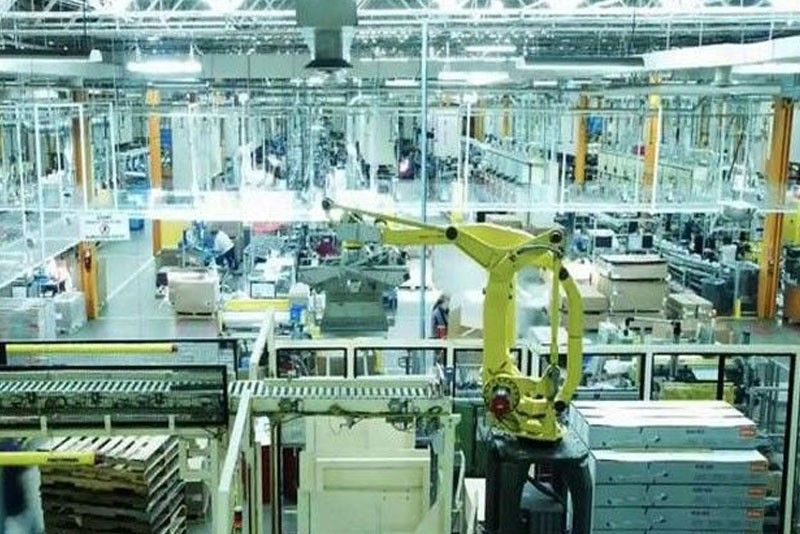Factory output declines in September

MANILA,Philippines — Manufacturing output declined in September as eight major industries registered declines in output during the period, the Philippine Statistics Authority (PSA) reported yesterday.
Factory output, as measured by the Volume of Production Index (VoPI), declined by three percent in September, reversing the 1.3 percent growth in September 2018.
PSA attributed the decline to the negative growth in eight major industries led by leather products, petroleum products, miscellaneous manufactures and electrical machinery.
The Value of Production Index (VaPI) also declined by 2.3 percent in September, a turnaround from the 1.3 percent growth in the same month last year.
The National Economic and Development Authority (NEDA) said the upcoming holiday season as well as strong macroeconomic conditions are seen to contribute to the improved performance of the manufacturing sector in the last quarter of 2019.
“Despite the slowdown in the overall performance of the manufacturing sector for September 2019, we have observed improvements in various subsectors which can be attributed to the upcoming holiday season alongside lower inflation, stable exchange rate and lower interest rate,” said NEDA officer-in-charge (OIC) Adoracion Navarro.
Navarro cited positive growth in the indices of beverages, tobacco products, basic metals, fabricated metal products, wood and wood products, machinery except electrical, chemical products, paper and paper products, printing, and rubber and plastic products.
To support growth in the manufacturing sector over the near term, Navarro said the government would need to push for high impact and implementable infrastructure projects under the Build Build Build program.
She added that this would sustain the demand for construction-related manufactures as more infrastructure flagship projects reach the construction phase. It will also contribute to more employment and higher disposable income, resulting in increased demand for consumer goods.
“We need to sustain infrastructure spending to achieve the national government’s target disbursement performance for the year. An extension in the validity of the 2019 budget, and the timely passage of the proposed 2020 national budget should be considered to avoid delays in the implementation of construction-related projects and activities,” Navarro said.
Citing the need to strengthen linkages between manufacturing and agriculture, Navarro said the government also needs to scale up efforts to improve shared service facilities (SSFs).
She said this would help farmers consolidate and engage in higher value-adding activities, which could also contribute to growth in manufacturing.
Regulatory bottlenecks in the manufacturing sector would also have to be addressed, Navarro said.
- Latest
- Trending




























